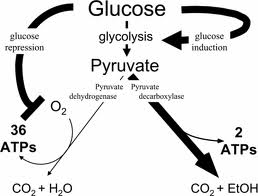I’ve been surprised at the upswell of support for increasing access to mental health services as an antidote to gun violence like we witnessed in Newton on Friday. I’m a big advocate of mental health care but just don’t see how anything we do in that arena would have prevented either of the last two mass shootings.
I’ve been surprised at the upswell of support for increasing access to mental health services as an antidote to gun violence like we witnessed in Newton on Friday. I’m a big advocate of mental health care but just don’t see how anything we do in that arena would have prevented either of the last two mass shootings.
Accused Colorado killer James Holmes seemed to have plenty of access to mental health. According to Reuters he had been “under the care of a psychiatrist who was part of a campus threat-assessment team.” Meanwhile, Newtown shooter Adam Lanza lived in an affluent community, where a high percentage of residents have commercial health insurance that includes straightforward access to mental health services.
Access to mental health care did nothing to stop Holmes or Lanza, but access to high-powered weaponry enabled mass killings. It seems the case for reducing access to such arms is therefore a lot stronger.
Advocates of increasing access to mental health services would be wise to back away from using the Newtown tragedy as a springboard for their cause, especially when there are so many other sound reasons to back mental health. Instead I would highlight how offering mental health services to people with depression can free up needed capacity in primary care and lower overall medical costs, and how improving mental health treatment can boost productivity and economic growth. There are also plenty of compelling arguments to make about the opportunity to improve quality of life for mentally ill patients and their families even if they are not as dramatic as preventing a massacre.







